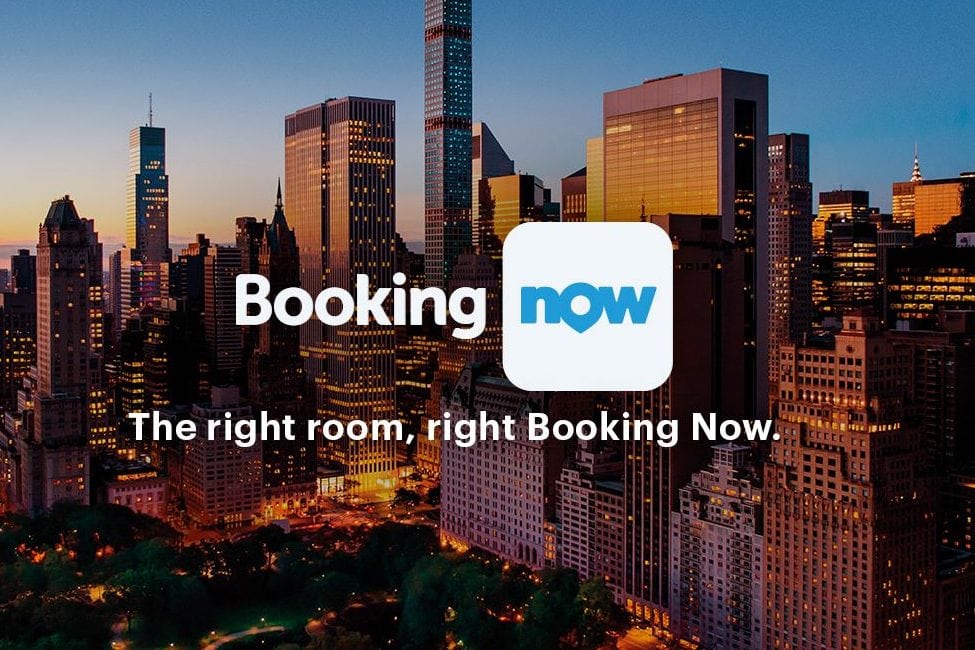Skift Take
The stars were seemingly aligned when Booking.com made its move. The big U.S. players were too comfortable with their huge margins from the merchant model; Booking.com focused on independent hotels; and search engine marketing was on the rise. Still, it was the entrepreneurs and dealmakers who made it all happen.
 Readers of The Oral History of Travel’s Greatest Acquisition Booking.com will likely draw their own lessons from the two startups, Active Hotels and Bookings B.V., and these game-changing serial acquisitions.
Readers of The Oral History of Travel’s Greatest Acquisition Booking.com will likely draw their own lessons from the two startups, Active Hotels and Bookings B.V., and these game-changing serial acquisitions.
But here are six takeaways that we pulled out:
1. Outsiders Brought New Perspectives
The founders and co-founders of Active Hotels and Bookings.nl were technology-focused outsiders to the hotel industry, which helped.
These outsiders refused to heed the advice of all the supposedly smart people, who counseled them that the merchant model and dynamic packaging would be the future of travel. Instead, these startup founders kept their heads down, and focused what they new was already working despite the proddings of the self-annointed.
Being tech-oriented and in an era when Big Data was unheard of, they focused on the numbers, testing what worked and abandoning what didn’t.
2. Venture Capital Isn’t Always the Way to Go
It is interesting to note that both Active Hotels and Bookings B.V. basically bootstrapped their companies. Yes, there were a few funding rounds. Active Hotels raised about $4.4 million [£2.75 million], and Bookings.nl probably raised even less than half of that.
Shareholders did intervene, at times, such as when Active Hotels’ investors advised the company not to merge with Bookings.nl, prior to Priceline — today’s aptly named Booking Holdings — buying both companies. But mostly the two startups were able to focus on the work at hand, and had the cash flow to sustain themselves after a few years.
3. Hmmm, Sometimes ‘Borrowing’ Actually Works
We’ve always thought that for a startup to succeed it has to be remarkably different than other businesses. We still mostly believe that. This was certainly true of Airbnb and Uber when they launched, and they stand in contrast to the hundreds of metasearch and social travel sites that added nothing new to the mix, and have come and gone. Rest in Peace.
But Bookings.nl founder Geert-Jan Bruinsma borrowed a little bit of code from Hilton.com in 1996 to build his hotel-booking website, and Active Hotels modeled its approach on the WorldRes affiliate model. Active Hotels co-founder Andy Phillipps was therefore concerned when WorldRes faded, but the affiliate model that dominated the Active Hotels approach worked out regardless.
4. Active Hotels and Bookings Weren’t a Guy Thing
Gillian Tans, Séverine Philardeau, Rachel Howes — and other women we didn’t have a chance to interview — played instrumental leadership roles in the development and operations of Active Hotels and Bookings. Tans, for example, was employee #7 of Bookings.nl in Amsterdam, ran much of the commercial operations after she joined in 2002, and today is CEO of Booking.com.
Howes, a contracts manager for Active Hotels and a managing director for Booking.com after the acquisitions, said,”they brought some super people on board. I’m quite a forceful woman. I’m also a gay woman, which I think also helped me. I’m very confident. I came in there and I just really pushed my ideas through.”
5. Trust Is An Overlooked Attribute in Dealmaking
Matt Witt, formerly of Active Hotels, emphasized that during the due diligence process for Priceline’s acquisition, the team always trusted mergers guru Glenn Fogel and CEO Jeffery Boyd even when they might have uncovered a weakness in the business, Priceline was about to acquire. There was never any feeling that Priceline would change its mind or walk away from the deal.
That stands in contrast to the behavior — as detailed in our 2016 Definitive Oral History of Online Travel — of IAC’s Barry Diller and Dara Khosrowshahi, who in 1999 had a tentative agreement to acquire Travelscape in Las Vegas for $120 million. At the very last minute — the night before the deal was scheduled to be signed — Khosrowshahi called Travelscape founder Tim Poster to tell him IAC would only do the deal for $90 million. Poster, issuing a few expletives, walked away from the deal.
6. It Pays to Be Lucky and Good
Would online travel history have worked out the way it has if Priceline.com’s Glenn Fogel had not met Octopustravel’s Shane Whaley at a London travel conference in 2002? A year or so later, Whaley introduced Fogel to Active Hotels, which Whaley had recently joined.
It pays to be in the right place at the right time, but also to recognize compelling acquisition targets when you see them — even when others don’t view them as such.
Arthur Kosten, a former chief marketing officer of Booking.com, remarked that Fogel “did all the right acquisitions when everybody did the wrong acquisitions.”
Send us your feedback, suggestions, bouquets and brickbats about this oral history project. Write to us at: [email protected]
The Daily Newsletter
Our daily coverage of the global travel industry. Written by editors and analysts from across Skift’s brands.
Have a confidential tip for Skift? Get in touch
Tags: active hotels, booking holdings, booking.com, m&a, mergers and acquisitions, oral histories, priceline
Photo credit: A Booking.com promotional image. Booking.com
